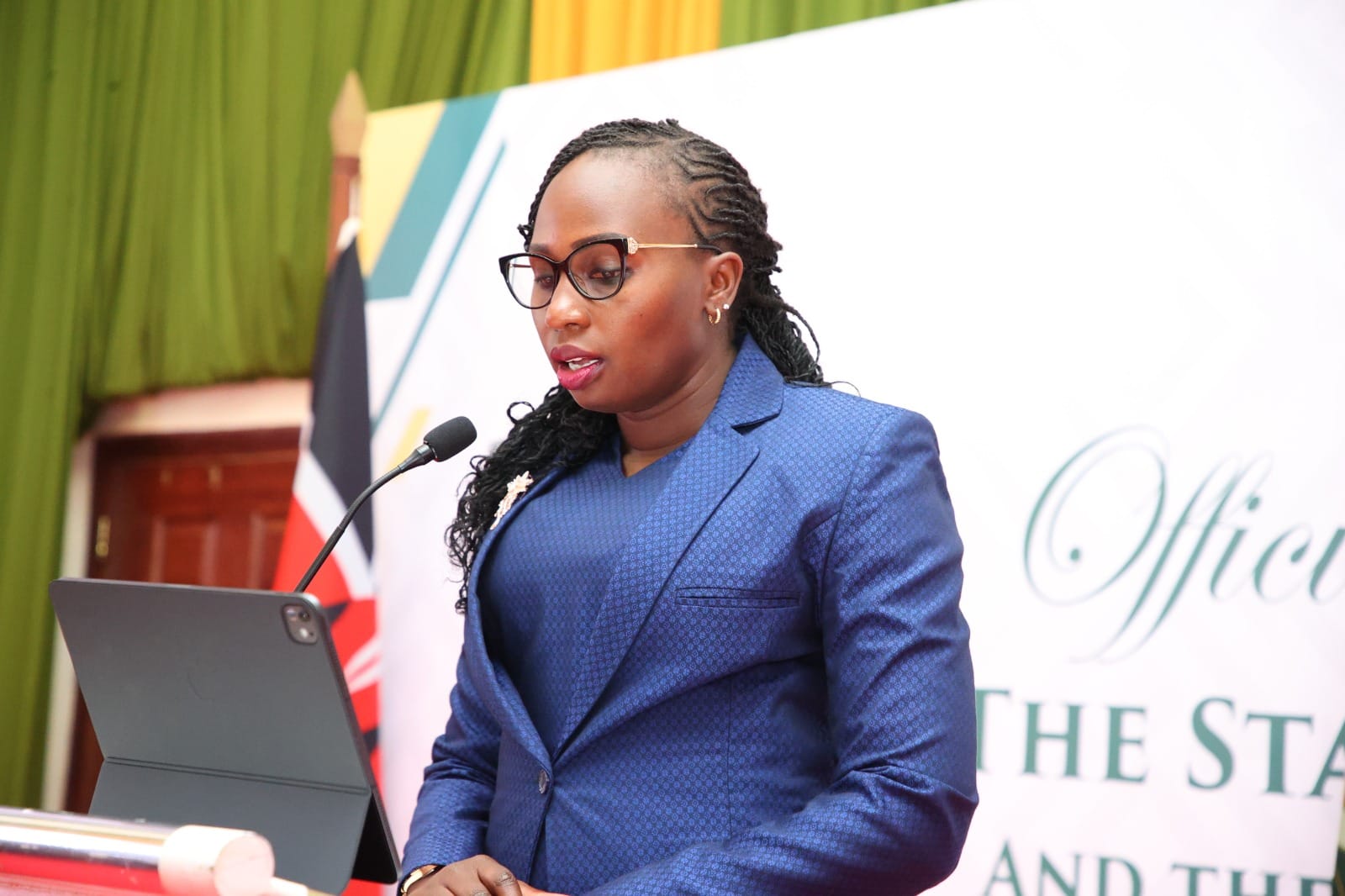

The Law Society of Kenya has been dealt a blow after the High Court dismissed a petition seeking to shield advocates from arrest, detention, or prosecution while carrying out their professional duties.
The court ruled that lawyers are subject to the law like any other citizen.
The petition, dated January 2019 and later amended, alleged that advocates had been harassed, arrested, detained, and prosecuted in disregard of client–advocate privilege, actions which LSK said undermined the rule of law and national values.
The society further alleged that authorities had developed a habit of arresting advocates on Friday afternoons to hold them beyond the constitutionally required 24 hours, and in some cases denying them bail without justification.
According to the judgment read, the petition claimed that the arrested advocates were sometimes not allowed to contact their attorneys.
Among the respondents in the case were the Directorate of Public Prosecution (DPP), the Directorate of Criminal Investigations (DCI), among other authorities.
However, Justice Lawrence Mugambi, who heard the matter, found that the petition failed to meet the constitutional threshold required for such claims.
The judge noted that the petition omitted to disclose the names of any advocates whose rights were allegedly violated, when such violations occurred, and the specific circumstances.
“Among the claims cited is that authorities habitually arrest advocates on Friday afternoons to keep them in custody beyond 24 hours. Yet no specific incidents or names of members have been provided,” Justice Mugambi said, adding that the petition pleaded facts in general terms without detailing specific violations.
LSK also sought orders requiring police to release advocates on free bond and to exhaust disciplinary procedures under the Advocates Act before instituting criminal charges against them.
But the court found the prayers to be vague and impractical to implement.
"The respondents contend that the petition is a 'bed of generic allegations' as it does not disclose the names of advocates or members whose rights were violated, thereby failing the specificity tests or how the members' rights were violated," the judge said.
Justice Mugambi stressed that while the advocate–client privilege is an important legal safeguard, it is not absolute, adding that any interference with their work should be assessed on a case-by-case basis, not through blanket protections.
“Advocates, like all citizens, are subject to investigation and prosecution if evidence of wrongdoing exists,” he said.
The court further emphasised that the law is not meant to insulate advocates from accountability, and courts would only intervene to curtail the powers of investigative or prosecutorial authorities where it is demonstrated that such powers are being abused.
In dismissing the petition, Justice Mugambi found no merit in the case and made no orders as to costs.




![[PHOTOS] Kindiki leads economic empowerment forum in Wajir](/_next/image?url=https%3A%2F%2Fcdn.radioafrica.digital%2Fimage%2F2025%2F08%2F5a14de4c-c863-48bb-819d-36f1f26ae789.jpeg&w=3840&q=100)







